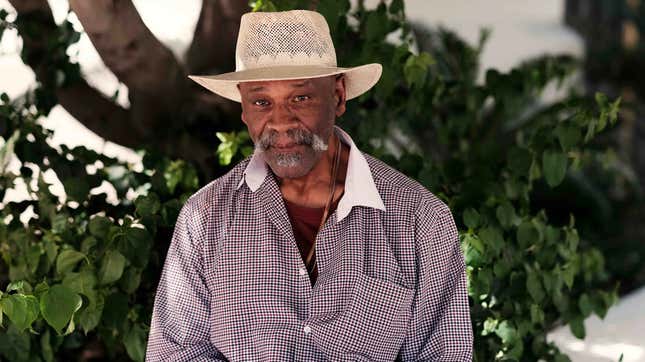
Innocence Projects across the country have been hard at work to free innocent Black men who have been wrongfully convicted.
Last month, Jesse Johnson was freed from jail after being convicted of the 1998 murder of a Black woman in Oregon. The Oregon Court of Appeals noticed that Johnson’s attorneys did not interview the only witness to the murder. As a result, they ordered a new trial and got his conviction reversed.
Days before, Leonard Mack, a Black man who was convicted of rape nearly 50 years ago in Westchester, N.Y., was exonerated after DNA testing proved he was not the suspect and the true perpetrator, a registered sex offender, confessed to the crime.
Now Perry Lott, a Black man who spent 30 years in prison after being convicted of rape in 1987 is the next Black man to be freed after a post-conviction DNA test from a rape kit proved he did not commit the crime, according to the Innocence Project.
Prior to his exoneration, the only case against Lott was the survivor’s identification in a police lineup. If you didn’t know, mistaken witness identification is the leading cause of wrongful convictions.
More from the Innocence Project:
Mr. Lott filed a motion to vacate his conviction in 2018 based on these exonerating DNA results and the problematic identification, but former District Attorney Paul Smith opposed the motion. Instead, on the eve of Mr. Lott’s evidentiary hearing, DA Smith offered only to modify Mr. Lott’s sentence — an offer Mr. Lott ultimately accepted on July 9, 2018. In doing so, Mr Lott was freed immediately and avoided the uncertainty of an extended incarceration while his motion to vacate was litigated.
This year, the Innocence Project asked newly elected District Attorney Erik Johnson to throw out Lott’s conviction based on the evidence they discovered, and after a review, Johnson agreed and Lott’s conviction was vacated.
Including Lott, 62 Black men have been exonerated in 2023, according to The National Registry of Exonerations.

